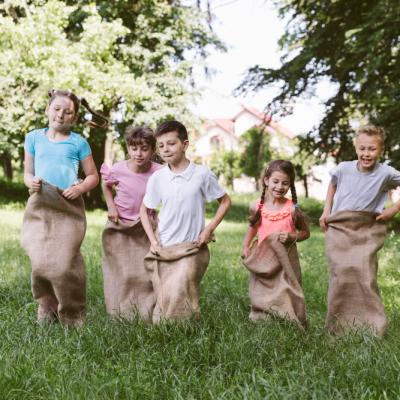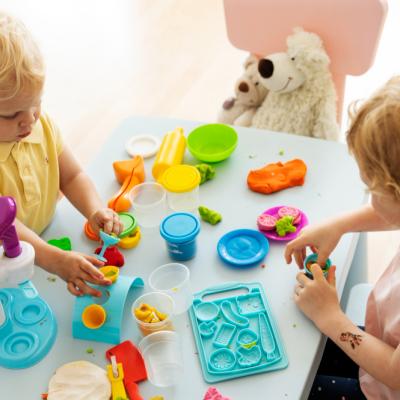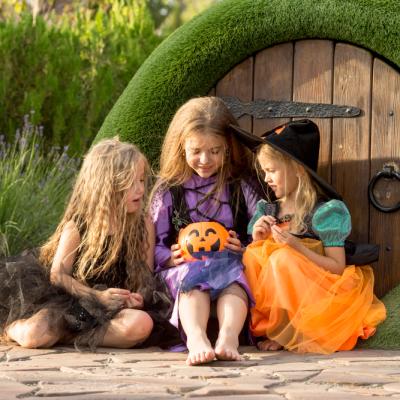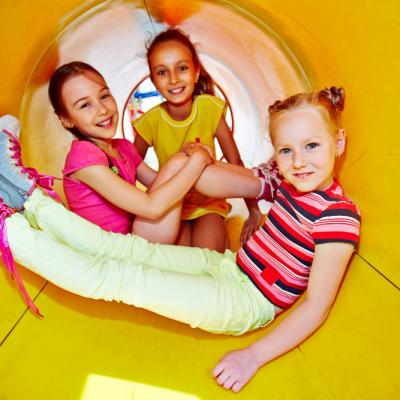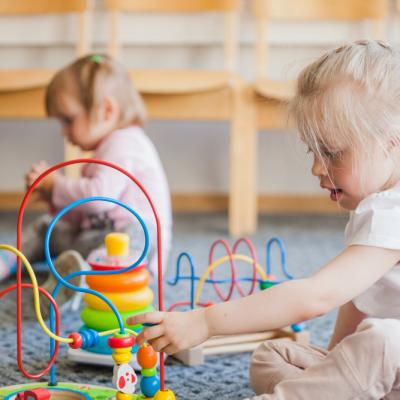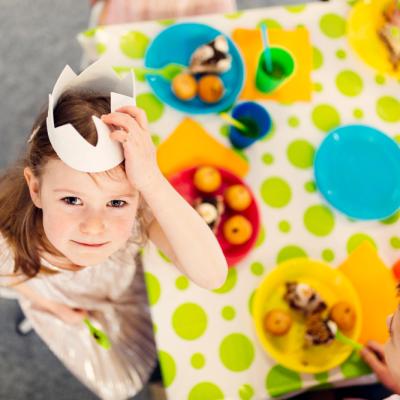Outdoor play is a fundamental aspect of preschool education, offering children opportunities
to explore, learn, and grow in a natural environment. Playing outside provides numerous benefits, from enhancing physical fitness to stimulating creativity. It also plays a crucial role in promoting social skills and emotional well-being. Let's explore the importance of outdoor play in preschool and how it contributes to the overall development of young children.
1. Physical Fitness and Coordination
Outdoor play encourages children to be active and improves their physical fitness. Running, jumping, climbing, and other activities help build strength, coordination, and balance. These exercises also contribute to the development of fine and gross motor skills, which are essential for tasks like writing and using utensils.
2. Stimulating Creativity and Imagination
The outdoors offers a canvas for children's creativity and imagination. Whether they are building sandcastles, collecting leaves, or playing make-believe games, children use their imagination to create new scenarios. This creative exploration fosters innovation and problem-solving skills, which are valuable for future learning.
3. Promoting Social Interaction
Outdoor play is a great way for children to interact with their peers. Group activities like tag, hide-and-seek, or team sports encourage cooperation and teamwork. Through these interactions, children learn to communicate, share, and resolve conflicts, enhancing their social skills and building lasting friendships.
4. Supporting Mental and Emotional Development
Spending time outdoors has been shown to have a positive impact on mental and emotional health. Exposure to nature can reduce stress and anxiety, providing a calming environment for children. Outdoor play also helps children develop resilience as they navigate challenges, such as climbing a structure or learning to ride a tricycle.
5. Connecting with Nature
Outdoor play allows children to connect with the natural world. They can observe plants and animals, learn about weather patterns, and understand the changing seasons. This connection fosters a sense of curiosity and environmental awareness, encouraging children to appreciate and respect nature.
6. Enhancing Learning Experiences
Outdoor play complements classroom learning by providing hands-on experiences. Teachers can use the outdoors to teach concepts like science, math, and geography in a more engaging way. For example, counting rocks or measuring the height of a tree can make abstract concepts more tangible for young children.
7. Balancing Structure and Freedom
Outdoor play offers a balance between structure and freedom. While some activities are guided by teachers, children also have the freedom to explore and choose their own adventures. This balance allows them to develop independence and decision-making skills, which contribute to their overall growth.
Incorporating outdoor play into preschool programs is essential for promoting physical, mental, and emotional development. It provides a dynamic environment where children can learn, explore, and connect with others. By embracing outdoor activities, preschools create a holistic approach to education that benefits young children in numerous ways.



